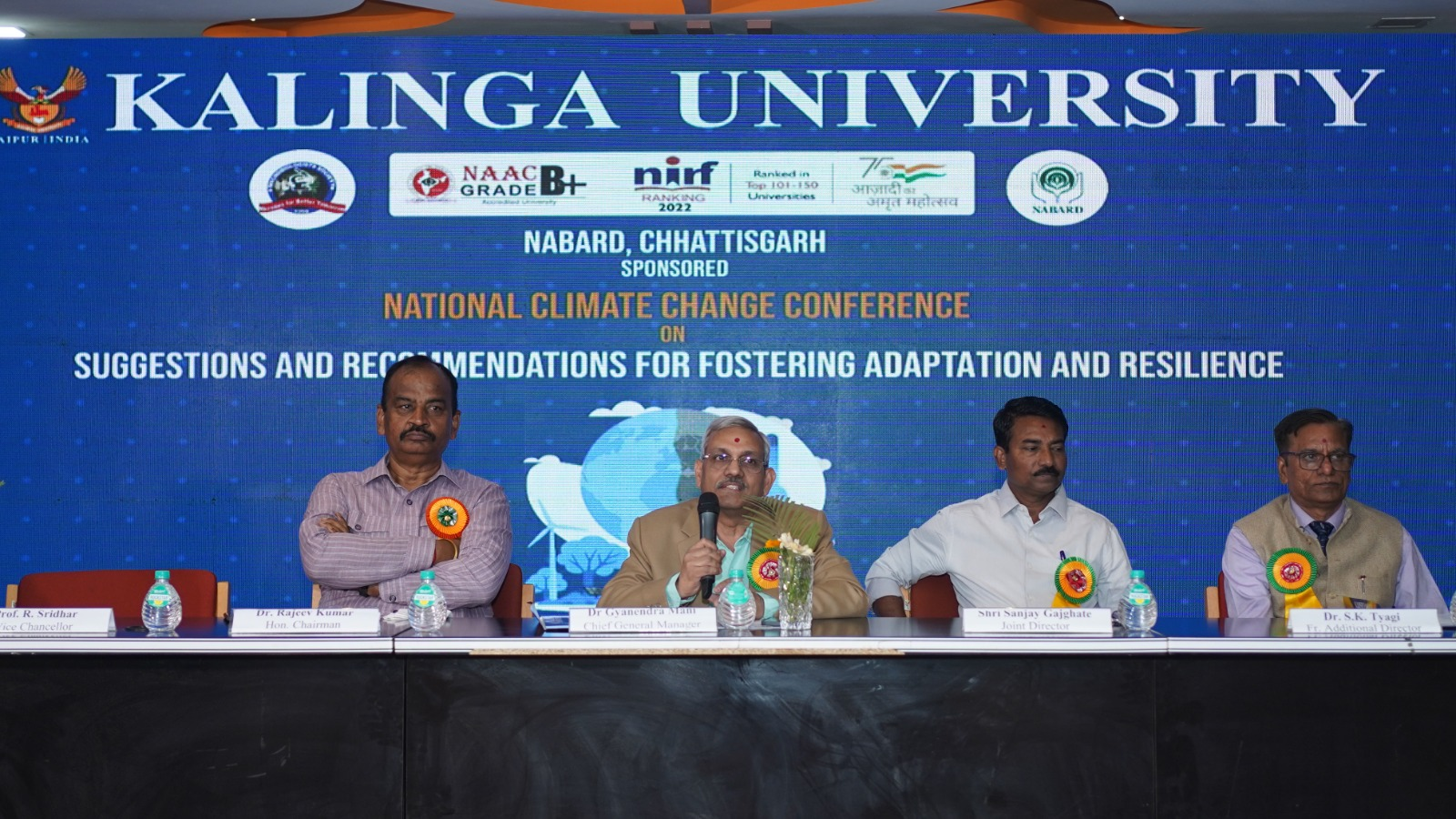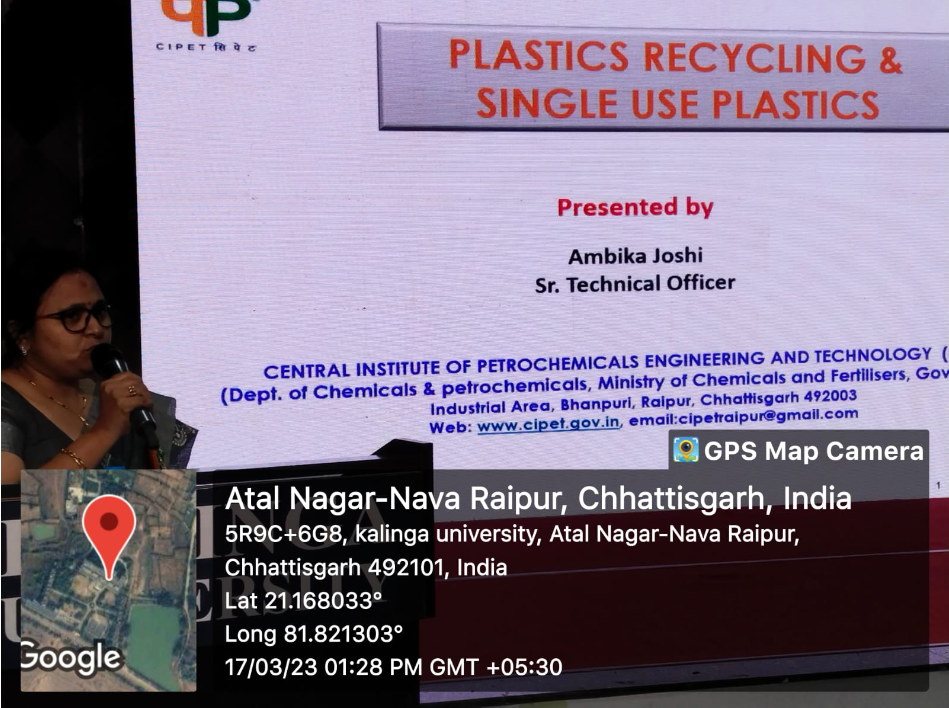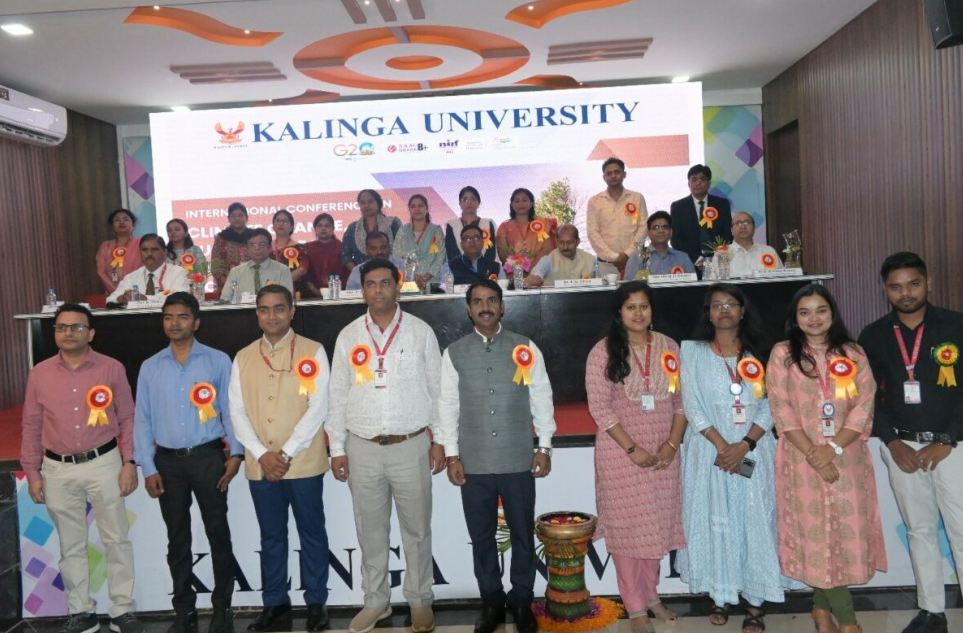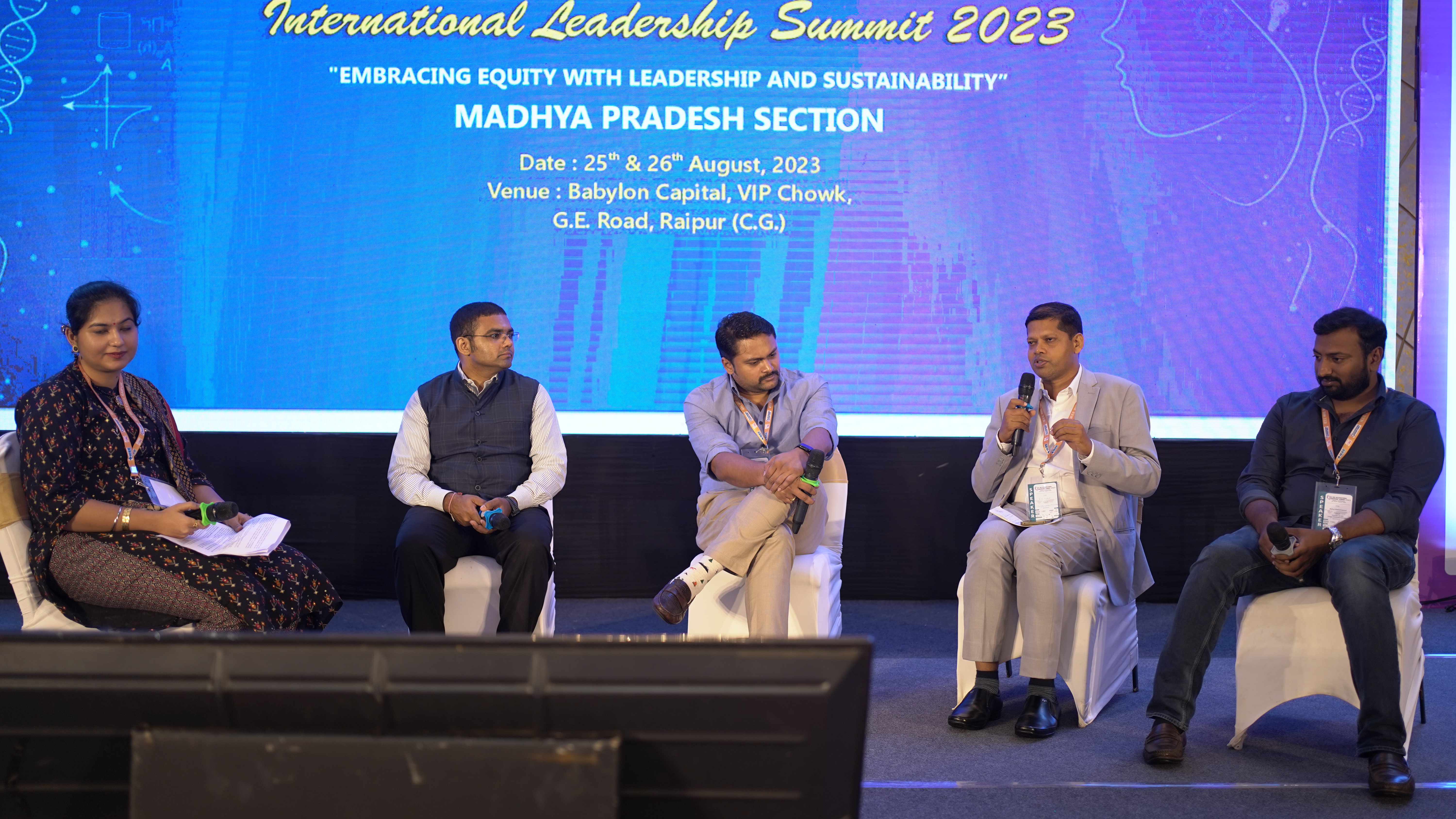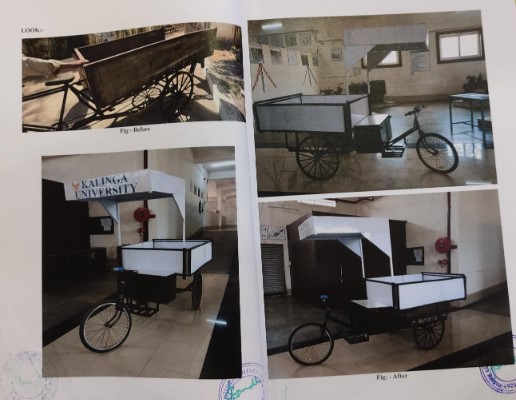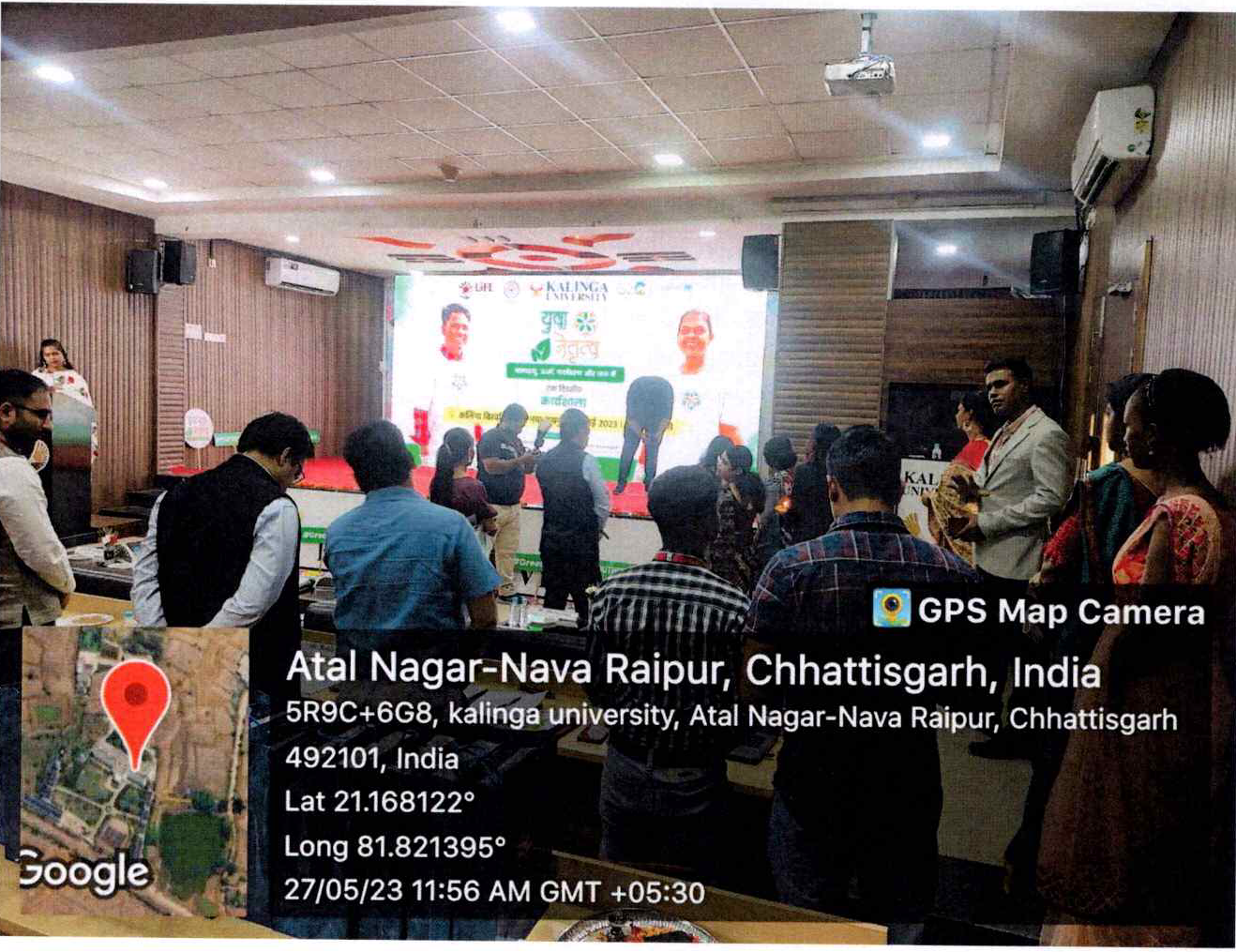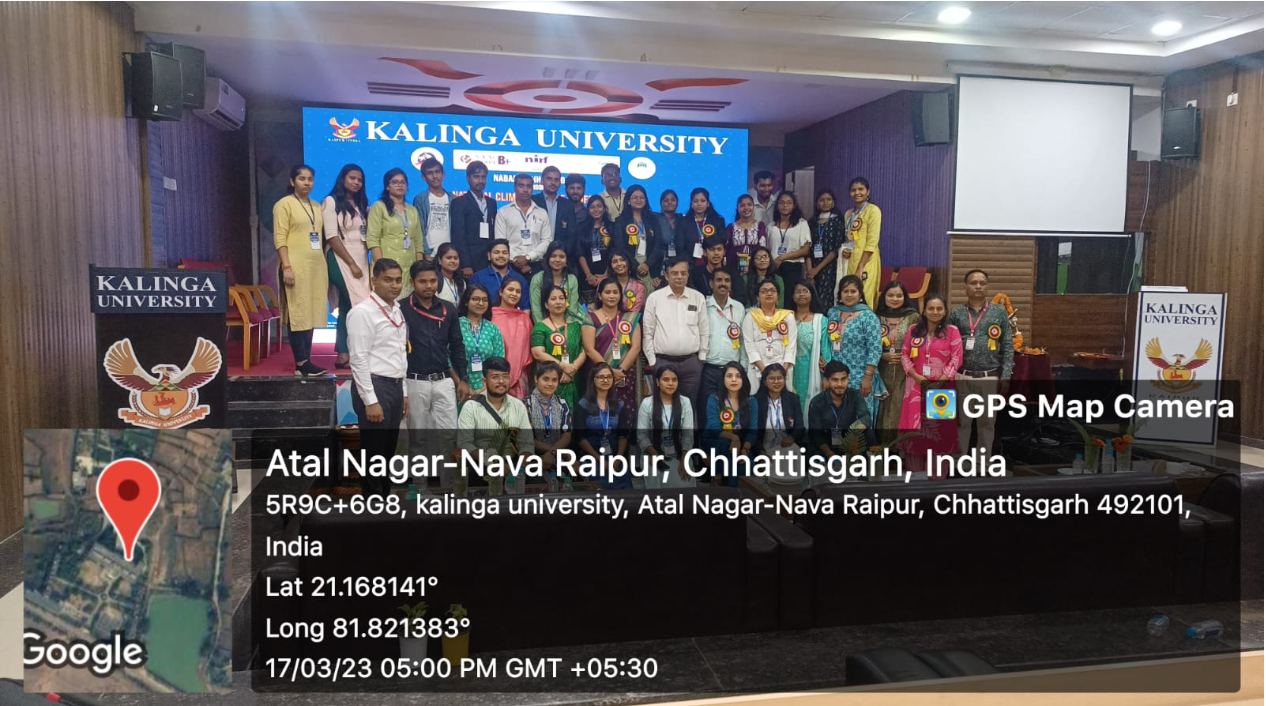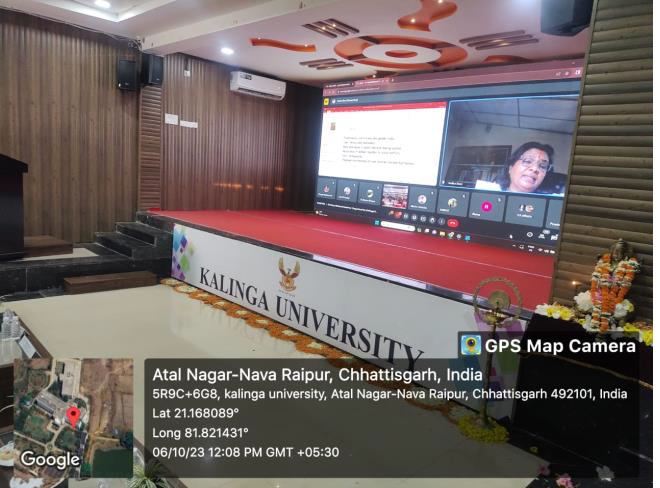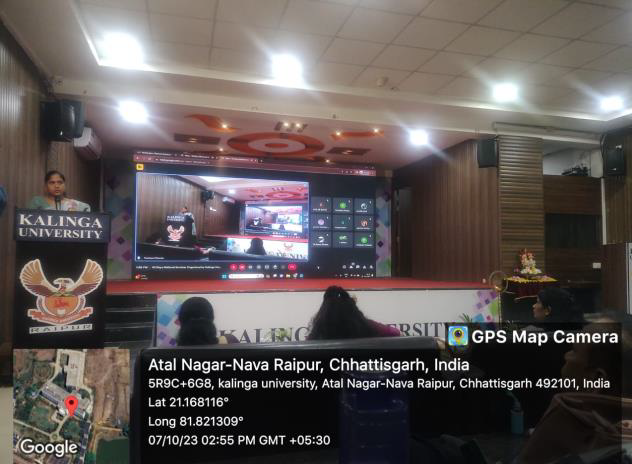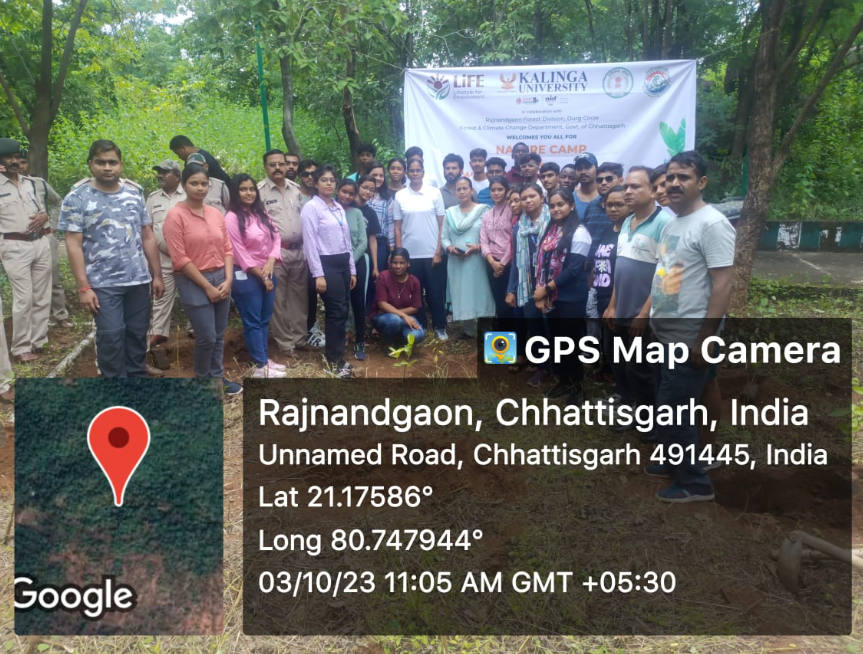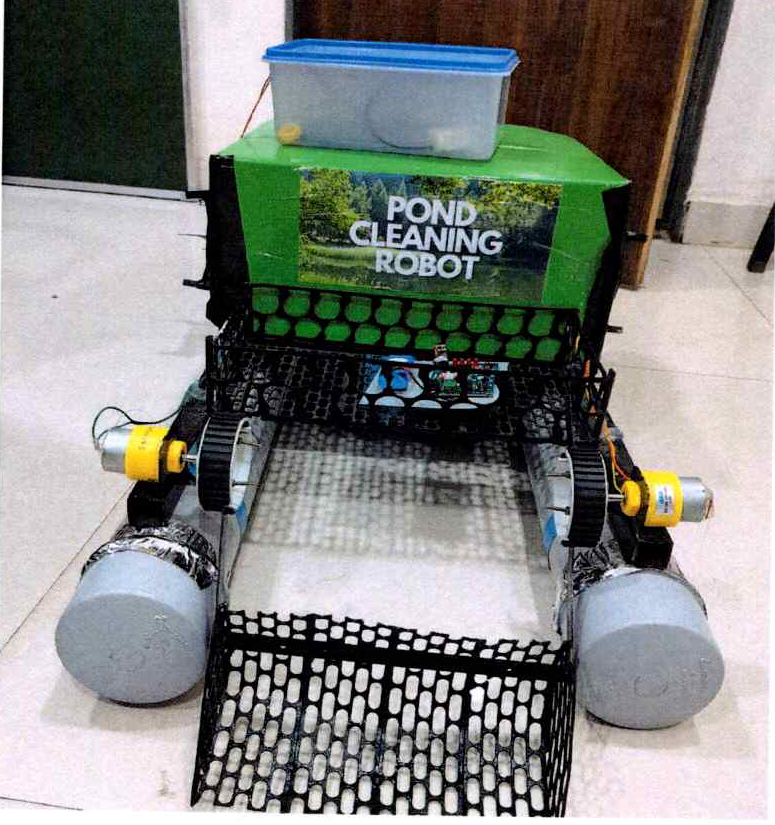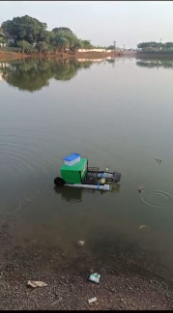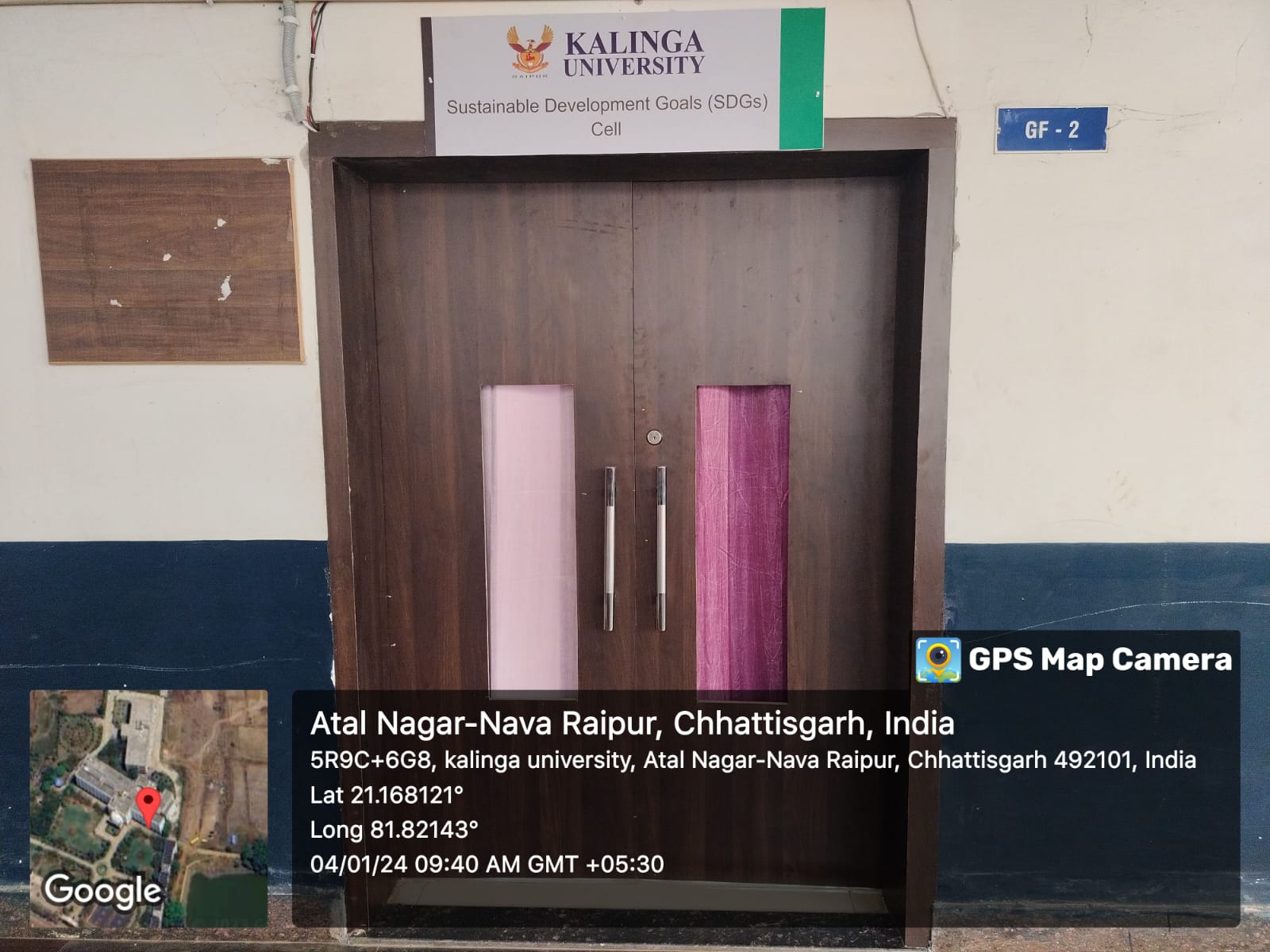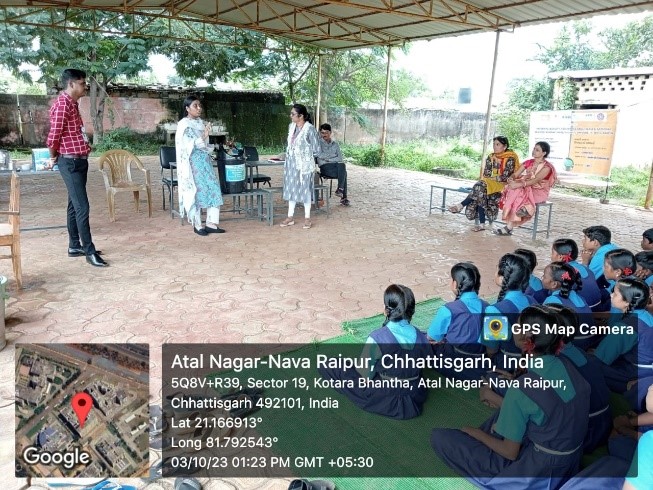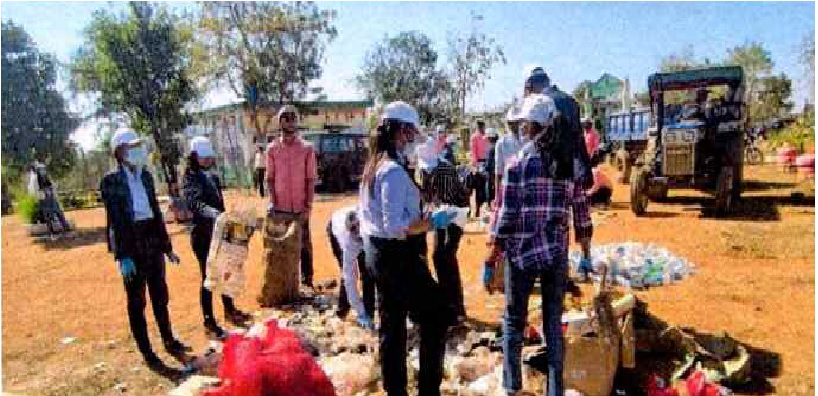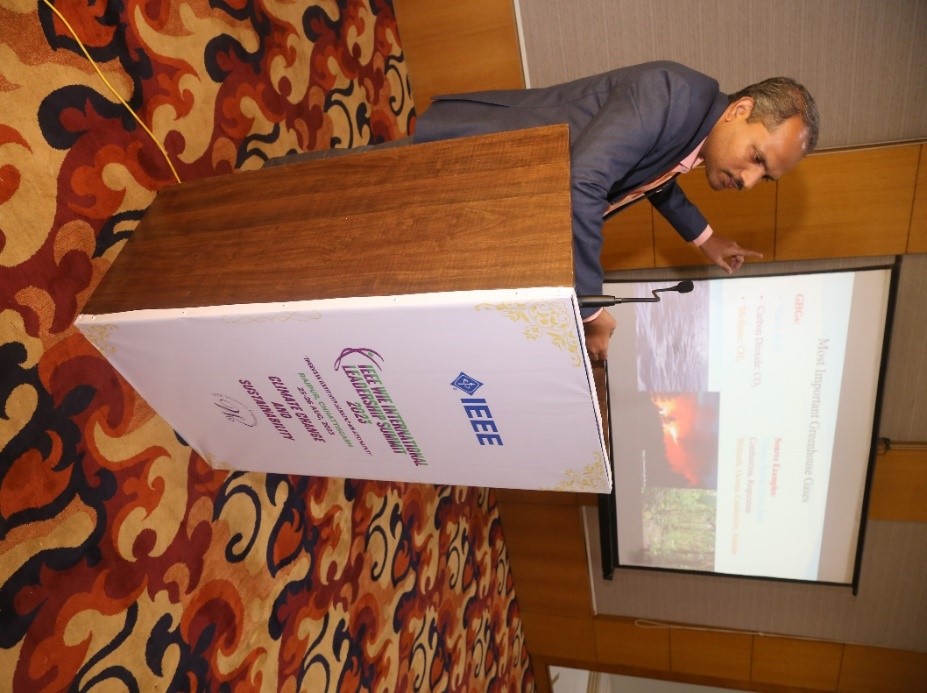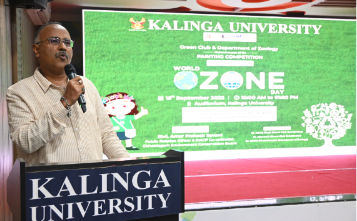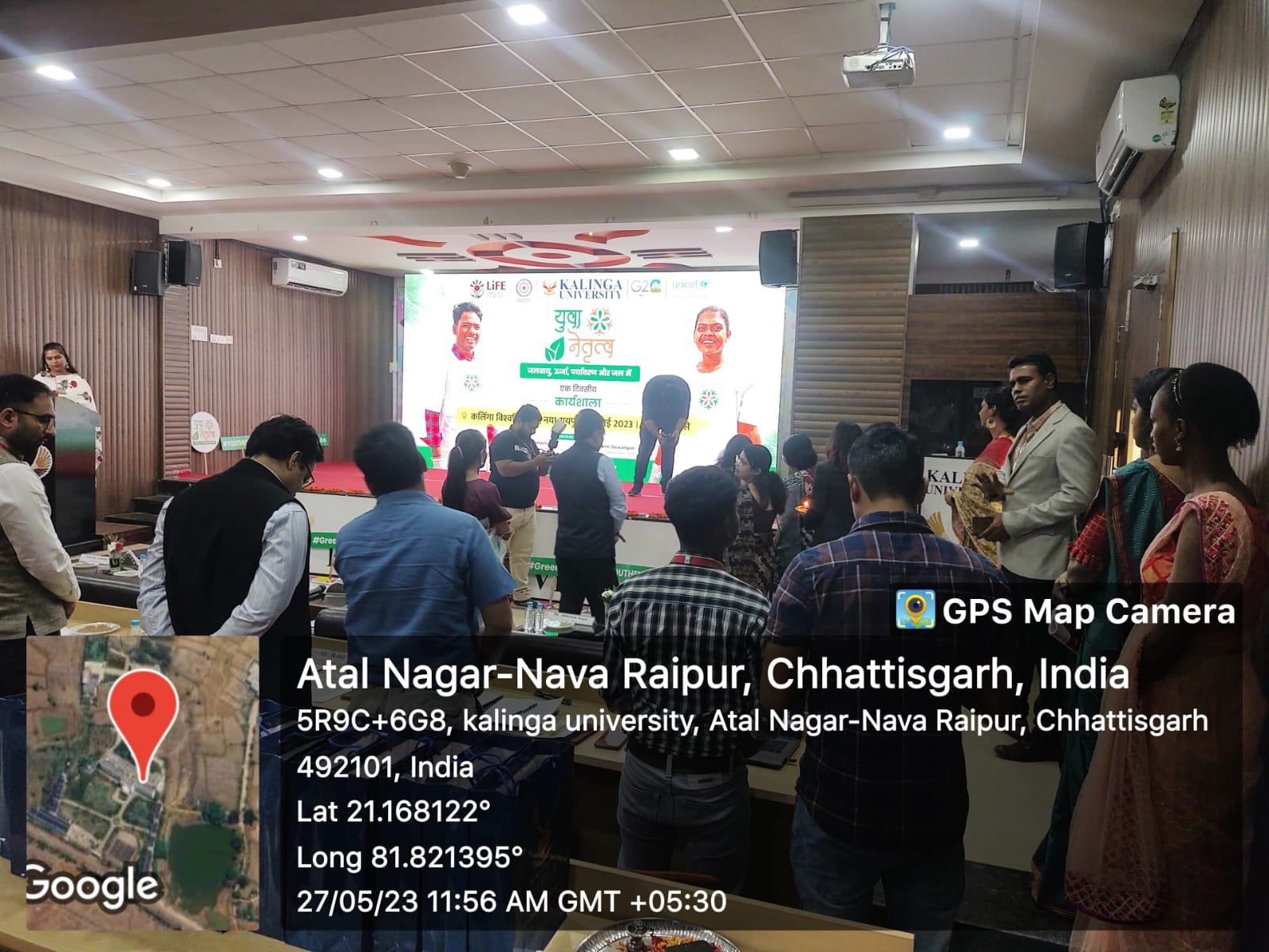Best Practice 2
Harmony in Action: Implementing Sustainable Development Goals for a Better World
Kalinga University, Raipur is committed to serve in community development by introducing skill development center for rural women. Kalinga University has adopted five nearby villages and is continuously serving towards development of these villages. The practice is dedicated to empower women in these villages through skill development, and capacity building.
1. No poverty
2. Zero hunger
3. Good health and well-being
4. Quality Education
5. Gender equality
6. Clean water and sanitation
7. Affordable and clean energy
8. Decent work and economic growth
9. Industry, innovation and infrastructure
10. Reduced inequalities
11. Sustainable cities and economies
12. Responsible consumption and production
13. Climate action
14. Life below water
15. Life on land
16. Peace, justice and strong institutions
17. Partnership for the goals
Objectives of the Practice:
• To provide Holistic Sustainability Strategy
• To introduce programs to promote good health and well-being
• To provide quality education among students and also spread education to society
• To offer courses to educate on gender equity
• To generate and utilize green energy
• To incorporate a culture of innovation
• To spread awareness on climate change and sustainability
• To promote peace, justice and educate people about various laws
• To establish collaborations with industries and academia in meeting SDGs
The Practice:
1. Holistic Sustainability Strategy:
The university adopts a comprehensive sustainability strategy that aligns with and contributes to various SDGs, including those related to environmental protection, social equity, and economic development.
2. Campus-wide Eco-Friendly Infrastructure:
The University has implemented energy-efficient buildings, green roofs, and sustainable landscaping practices. It has also integrated renewable energy sources, such as solar panels to reduce the carbon footprint of campus operations. Besides, bio gas plant in the campus helps effective utilization of food wastes. The green and clean campus provides fresh air to the staff and students.
3. Sustainable Transportation:
Kalinga University promotes sustainable transportation options, including cycling infrastructure, electric vehicle etc. Such initiatives are taken to reduce the carbon emissions associated with commuting and campus-related travel.
4. Interdisciplinary Sustainability Curriculum:
Integrated sustainability principles into the curriculum across various academic disciplines. Introduced courses focused on sustainability studies, environmental science, and social responsibility.
5. Research and collaboration for Sustainable Solutions:
The University has taken initiatives to address SDGs through various projects in line with at least one of the 17 SDGs. Faculty members are encouraged to prepare research projects which will find solution any of the SDGs.
Collaboration with industry, govt. agencies are made in preparing some of the research projects.
6. Community Engagement and Outreach:
Implemented various community-based projects that directly contribute to SDGs, addressing local challenges. IEEE Kalinga University Student Branch, Unnat Bharat Abhiyan etc. are some of the bodies who are working towards this.
Kalinga University is regularly hosting awareness campaigns, workshops, and events to involve the broader community in sustainability initiatives.
7. Sustainable Procurement Practices:
The University has adopted ethical and sustainable procurement system for campus supplies and services. University gives priority to environmentally friendly and fair trade products while purchasing any products.
8. Health and Well-being Programs:
University has a provision of mental health resources and counseling services for students and staff. Programs related to stress management, healthy heart etc. are regularly conducted for the well-being of staff and students.
9. Sustainable Events and Conferences:
University is organizing various conferences, symposium, and summit to address global need especially in climate change and sustainability, 16. Peace, justice and strong institutions etc.
Economic Empowerment:
1. University received funding from various agencies like IEEE for addressing global needs in form of Smart Dustbins. Intervention of technology was a part of the project where students and faculty members extended their efforts. These were distributed to schools of nearby villages to maintain green campus.
2. University provided seed funding to work on pond cleaning robot. The robot is used in preventing the accumulation of organic matter, which could otherwise lead to water quality issues.
3. Faculty members and students developed a model of e-loader from waste materials in and around campus. The rickshaw is used for transportation of lightweight materials inside the university campus. For executing this project also, University has supported with seed funding.
4. Various govt. bodies like NABARD extended their support with funds in organizing conference to address climate change and sustainability issues. Participants published papers with solutions of various challenges related to climate change now a days.
5. IEEE Kalinga University Student Branch organized an International Leadership Summit where leaders like innovators, Scientists, Entrepreneurs working towards sustainable development presented their thought to bring a better future.
6. University has established Sustainable Development Goals (SDGs) cell to promote, implement, and monitor initiatives related to the SDGs.
The cell serves as a dynamic hub dedicated to advancing the principles and objectives outlined in the United Nations' 2030 Agenda for Sustainable Development. This specialized unit operates at the intersection of education, research, and community engagement, embodying the University’s commitment to provide a more sustainable and equitable world.
One of the primary functions of this cell is to cultivate awareness and advocacy for the SDGs within the university community. Through targeted campaigns, educational programs, and outreach initiatives, the cell endeavors to instill a deep understanding of the global challenges addressed by the SDGs and the imperative for collective action.
Integral to its mission is the integration of sustainable development principles into the university's academic landscape. The SDGs cell collaborates with faculty to infuse relevant content into diverse courses, ensuring that students from various disciplines are equipped with the knowledge and skills needed to contribute meaningfully to sustainable development.
Gallery
